 The six steps to settling an estate in Nebraska
The six steps to settling an estate in Nebraska
 Settling an estate of a deceased loved one is a timely process that takes several months — or sometimes years — to complete, depending on the circumstances. Even so, it’s a necessary headache that must be dealt with. To help simplify things, we’ve put together the following steps to make this complicated process a little easier for you.
Settling an estate of a deceased loved one is a timely process that takes several months — or sometimes years — to complete, depending on the circumstances. Even so, it’s a necessary headache that must be dealt with. To help simplify things, we’ve put together the following steps to make this complicated process a little easier for you.
Nebraska estate law administers inheritance tax through county courts rather than at the state level. The tax rate is not fixed, rather it’s basically a certain percentage of the market value of the assets subject to taxation decided based on the relation of the inheritor(s) to the deceased.
Like we mention above, settling an estate is a time consuming and complicated (no matter what state you’re in), so seek out the help of an estate lawyer to further guide you through the process.
Step 1: Make an inventory of documents and assets
Before meeting with an attorney or anything else for that matter, make a comprehensive catalogue of the decedent’s documents and assets, including (if applicable):
- Last Will and Testament
- Burial/memorial instructions
- Revocable Living Trust
- Life insurance policies
- Bank statements
- Brokerage statements
- Stock and bond certificates
- Corporate records
- Car/boat titles
- Deeds
- Last three years of decedent’s income tax returns
Step 2: Open a probate estate
This requires meeting with an estate lawyer to officially open a probate estate with the local probate court. (Probate is the legal process that administers a decedent’s estate.)
Step 3: Establish value of assets
Establish the values of all the decedent’s assets as of the date of death. This can get messy, so make sure all of the following is taken care of:
- Contact all financial institutions that house decedent’s assets and obtain date of death values.
- Have a professional appraise all assets, including real state, jewelry, artwork, collectibles, businesses, etc.
- If the estate is eligible for federal taxes and/or state taxes, then values for non-probate assets will need to be established as well.
Step 4: Pay final bills and other expenses
- Establish what legitimate bills were owed at the time of death and pay them.
- Pay for any ongoing expenses of administering the estate, such as legal fees, accounting fees, mortgage payments, utilities, etc (these usually come out of the estate).
Step 5: Pay income and estate taxes
Once the final bills are taken care of, the personal representative should focus on paying necessary income and estate taxes. An estate lawyer can take you through this process to make sure the following is properly prepared and filed:
- Final federal and Nebraska income tax returns
- Final federal and Nebraska estate income tax returns
- Final Nebraska estate income tax returns if‚ estate earns income during course of settlement
- Final federal and Nebraska inheritance tax returns
Step 6: Distribute the balance to estate beneficiaries
Once all bills and taxes are paid and the remaining assets are assigned a value, the county probate court will review everything and legally administer the distribution of assets properly as deemed in the Last Will.
Physicians Choice Private Duty currently serving Omaha, Eastern Nebraska and Western Iowa provides seniors and their families a complete understanding of the available care options and helps families maneuver through the challenges of the system. All Physicians Choice Private Duty services are directed by registered nurses or social workers with no long-term contracts. Contact us today for help with your senior care needs.
“Physicians Choice Private Duty solves the problems families face in finding home health care providers they can trust. Providers who will focus on strategies that keep parents in their homes. To learn more about our health care services, visit https://private-duty.pchhc.com/“


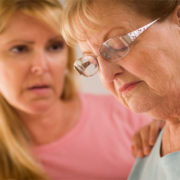
 One-out-of-five Americans over the age of 65 suffers from some form of diabetes. While the affects of diabetes can be effectively managed, it becomes increasingly difficult to administer the proper care as someone ages. This is not only due to the natural slowing down of a person in their golden years, but also the increased risk of other complications arising, such as the onset of
One-out-of-five Americans over the age of 65 suffers from some form of diabetes. While the affects of diabetes can be effectively managed, it becomes increasingly difficult to administer the proper care as someone ages. This is not only due to the natural slowing down of a person in their golden years, but also the increased risk of other complications arising, such as the onset of 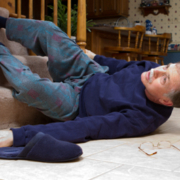
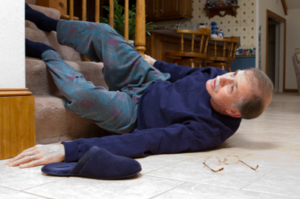



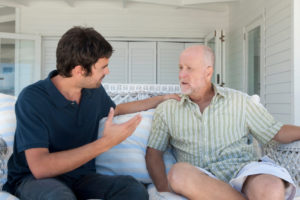 It’s important to keep an elderly parent with dementia active to benefit their overall health and well-being. This being the case, it’s the duty of the caregivers to put in the effort to find activities that are stimulating. Perhaps the biggest challenge is finding things to do that are fun for both you and your parent with dementia.
It’s important to keep an elderly parent with dementia active to benefit their overall health and well-being. This being the case, it’s the duty of the caregivers to put in the effort to find activities that are stimulating. Perhaps the biggest challenge is finding things to do that are fun for both you and your parent with dementia.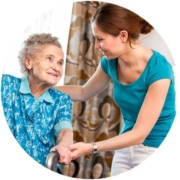

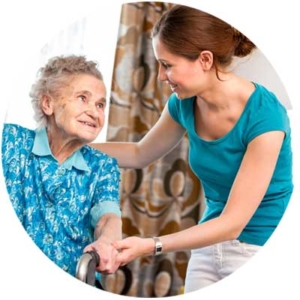 Even if your parents are still in good health in their latter years, it’s still wise to plan for their future longterm care needs. By planning now, you, your siblings and your parents will know exactly what to do and what is expected of each person individually when health complications do arise.
Even if your parents are still in good health in their latter years, it’s still wise to plan for their future longterm care needs. By planning now, you, your siblings and your parents will know exactly what to do and what is expected of each person individually when health complications do arise.
 Medicare = Mediocre
Medicare = Mediocre
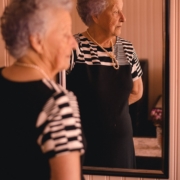

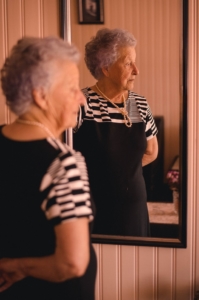 Millions of elderly people suffer from Chronic Obstructive Pulmonary Disease (COPD), which is characterized by persistent, limited airflow, apt to inflammatory reactions to noxious particles and gases present in the airways and lungs. Sadly, COPD is a progressive disease with no cure, one that can only be slowed down by treatments and changes in lifestyle.
Millions of elderly people suffer from Chronic Obstructive Pulmonary Disease (COPD), which is characterized by persistent, limited airflow, apt to inflammatory reactions to noxious particles and gases present in the airways and lungs. Sadly, COPD is a progressive disease with no cure, one that can only be slowed down by treatments and changes in lifestyle.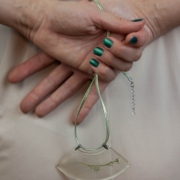

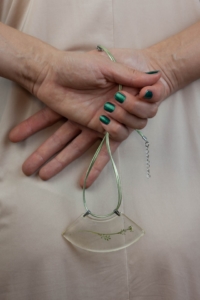 When an elderly parent or loved one nears the end of his or her life, hospice care may be a viable option. A person is eligible for hospice care when the doctor determines life expectancy to be six months or less. Also, hospice may be an option if it’s determined that further tests and treatments are no longer effective, and will instead add to or cause suffering.
When an elderly parent or loved one nears the end of his or her life, hospice care may be a viable option. A person is eligible for hospice care when the doctor determines life expectancy to be six months or less. Also, hospice may be an option if it’s determined that further tests and treatments are no longer effective, and will instead add to or cause suffering.
 Mary’s mother had been stubborn her entire life — with money and opinions (right or wrong), with driving routes and restaurants to eat at (a rare treat for a frugal woman like Mary’s mom). Now since dad was gone, Mary’s mother was living alone.
Mary’s mother had been stubborn her entire life — with money and opinions (right or wrong), with driving routes and restaurants to eat at (a rare treat for a frugal woman like Mary’s mom). Now since dad was gone, Mary’s mother was living alone.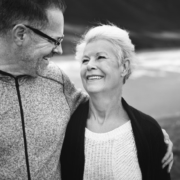

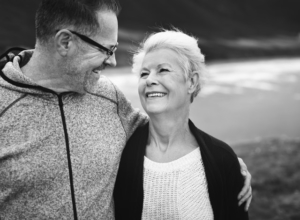 Caring for an elderly parent can be an overwhelming experience. For one, there’s the stress related to seeing the health of someone close to you deteriorate. Two, the role reversal of caring for the person who cared for you so much of your life can be emotionally unsettling, to say the least. Not to mention the time it takes to give your elderly parent proper care — balancing work, family and friends all along the way.
Caring for an elderly parent can be an overwhelming experience. For one, there’s the stress related to seeing the health of someone close to you deteriorate. Two, the role reversal of caring for the person who cared for you so much of your life can be emotionally unsettling, to say the least. Not to mention the time it takes to give your elderly parent proper care — balancing work, family and friends all along the way.